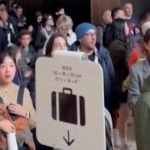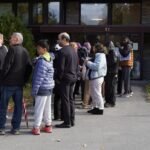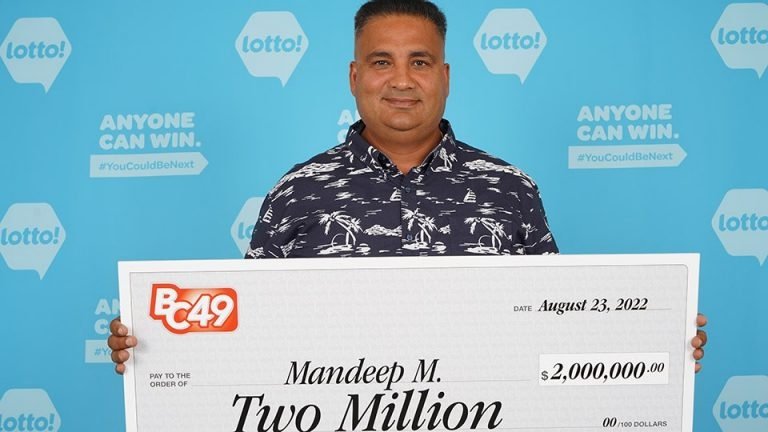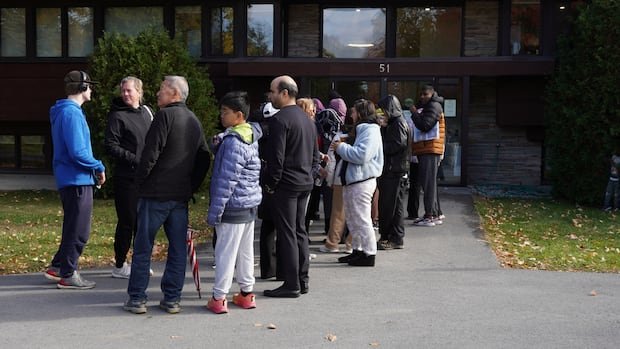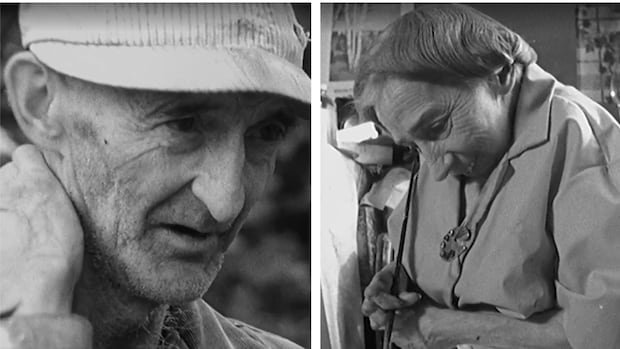The BC Supreme Court has resolved a dispute over a $2 million jackpot between members of a workplace lottery group.
“Winning the lottery should be a happy event. In this case, unfortunately, it has ruined relationships,” begins Judge Y. Liliane Bantourakis’ ruling, handed down last week.
The court heard that Mandeep Singh Maan bought the winning BC/49 ticket in August 2022. At that time, he was working for a transport company where he and four of his co-workers – Balvinder Kaur Nagra, Sukhjinder Singh Sidhu, Binipal Singh Sanghera and Jeevan Pedan – were part of a lottery group.
“(Maan) did not tell his co-workers about this good fortune. Instead, they found out about his victory 11 days later, when a photo of him holding a BCLC check for two million dollars was posted online,” he says the decision.
“At first, the plaintiffs congratulated Mr. Maan on his victory, but they soon became suspicious.”
Two weeks after learning of Maan’s windfall, his co-workers filed a lawsuit alleging that the winning ticket was purchased for the lottery group purchase and that the winnings should be divided.
Maan responded by stating that the ticket (and the jackpot) were his alone.
Group ticket or individual purchase?
The judge, in deciding who was entitled to the winnings, had to answer a crucial question.
“Was the winning ticket a group ticket or not? That depends on whether Mr. Maan received money from the group for the purchase of the winning ticket or whether he was buying or had to buy lottery tickets for the group that day,” he says the decision.
According to the judge, there was no written agreement governing the group and the court heard conflicting testimony about how often tickets were purchased, what types, who was involved and how purchases were documented and communicated.
However, all parties agreed that participation in the group did not preclude any of its members from purchasing separate tickets for themselves.
This is something Maan told the court he did regularly.
“Mr. Maan testified that he has been a committed and prolific lottery player in his own right for many years, having piqued his interest when he won a washing machine in a lottery in India years ago,” the decision says, adding Maan estimated he spent about $400 per month on tickets purchased both online and in person.
The court reviewed the records of the gas station where Maan bought the lucky ticket and the judge determined that Maan spent $12 on “a combination of BC/49 and Lotto 6/49 tickets plus extras.”
The amount of the transaction was a key factor in the judge’s determination that the purchase was not made for the group. Available evidence showed that group purchases were generally $50 and never amounted to less than $40.
“I find that if Mr. Maan had been using money or tickets from the group, or otherwise purchasing for the group, the total amount spent on Lotto Max, Lotto 6/49 and/or BC/49 tickets while he was in the Chevron station would likely have been significantly larger,” Bantourakis’ ruling said.
No legal right
Still, the judge had to consider one more argument made by Mann’s co-workers that they were entitled to their share of the profits.
“The plaintiffs have argued in the alternative that if Mr. Maan did not use group funds for the winning lottery purchase, he breached the agreement between them by not purchasing tickets for the group on August 15, 2022. They argue that on this basis they should also share the profits,” the decision says.
The judge rejected that argument, finding there was no evidence that Maan had agreed to buy tickets for the group on the date in question or that there was a “binding” agreement requiring Mann or anyone else to buy tickets on a regular basis.
“The fact that the parties purchased lottery tickets together, even if they did so with some frequency, is not sufficient to relieve the plaintiffs of the burden of proving, on a balance of probabilities, that they entered into a binding oral agreement with the defendant that would give them the right to claim the winning ticket,” Bantourakis’ decision reads.
“Although plaintiffs may feel they have a moral right to a share of the profits, they have not demonstrated any legal right. Therefore, their lawsuit is dismissed.”
The court also found that Maan was entitled to pay costs.
